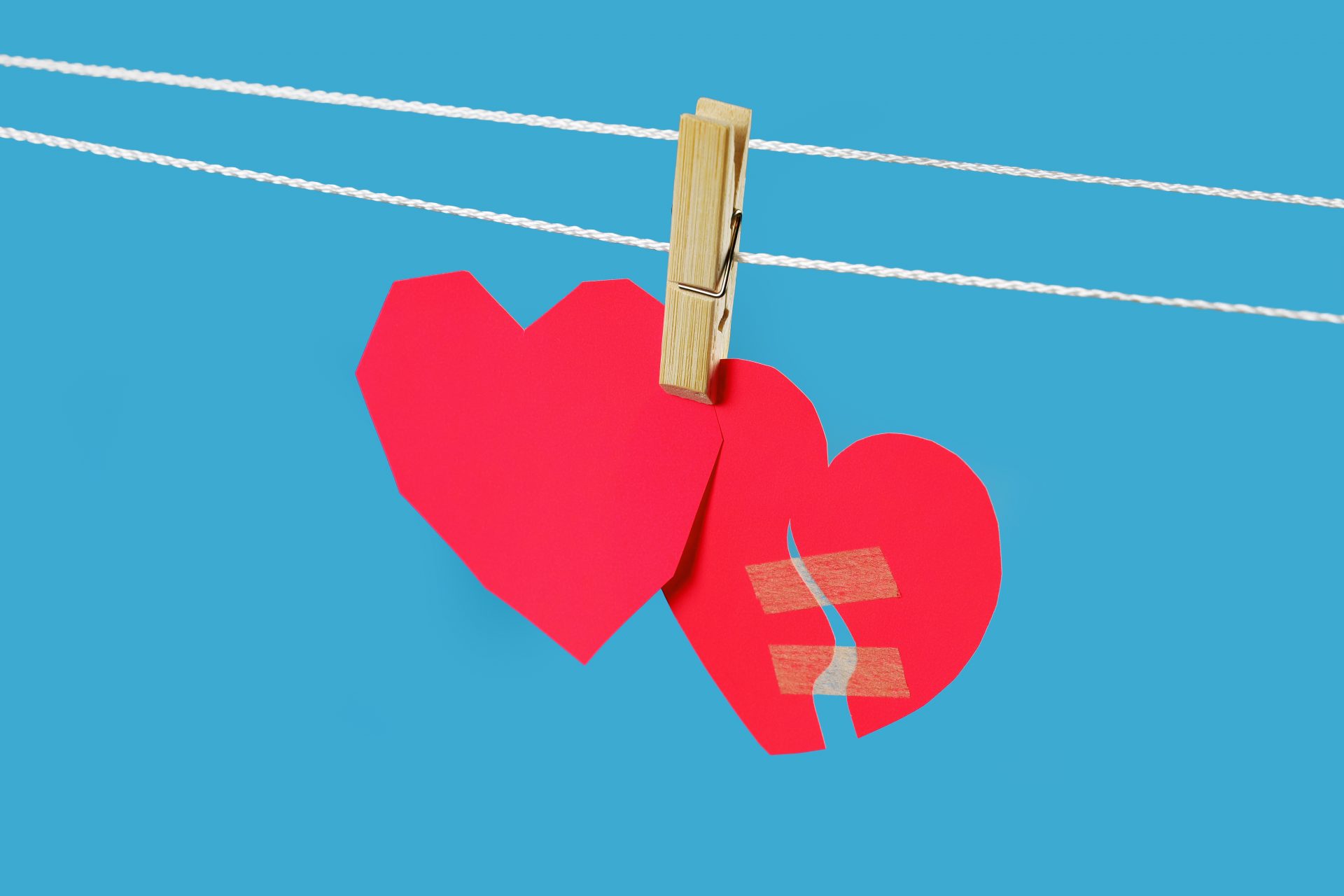Why end a relationship when you can de-escalate it instead?

Written by Amy Beecham
When cutting someone off completely seems too final but something needs to change, it may be time to consider relationship de-escalation.
If you’ve known the joy of a close relationship, be it platonic or romantic, then you almost certainly know that it doesn’t always last. The ‘love of our lives’ at 17 is rarely the same at 30. The friends we make on the playground seldom end up by our sides as we move through life’s later stages. The mates we made at uni and swore were ‘our people’ eventually fade into the occasional birthday text and Tonight Josephine drink.
No big, screaming break-up has to incite it, either. In fact, it almost always tends to be a slow, seeping realisation that you’re just not the same people you were. That the commitment and intimacy you once shared feels weaker now. It’s sad, but inevitable, and only serves to make those relationships that do survive the turbulence feel even more sacred.
It’s true that while it’s more than OK to have different tiers of friendship – not every person in your life is meant to be a BFF, after all – it is hard to know what to do with someone you still care for, but just don’t feel the same closeness to any longer. Do you cut ties completely? Take baby steps further and further away from one another until there’s very little still holding you together?
As it turns out, allowing yourself to drift apart may just be the healthiest thing to do. According to relationship expert Dr Callisto Adams, if you sense that the level of involvement in a relationship is more detrimental than beneficial, it could be a sign to de-escalate your relationship with that person.
As Dr Adams explains, it involves reducing the level of intimacy or commitment in a relationship that you’ve put down to any shortcomings or incompatibility. Perhaps your interests are no longer the same, or a once dedicated friend is now far more likely to leave you on read than respond to the hilariously relatable TikTok you’ve sent them.
With de-escalation, you avoid some of the pain of a fully blown break-up and instead get to renegotiate the conditions of the relationship – on your terms. You salvage what does work while also leaving the door open for reigniting the bond later down the line if circumstances change.
It’s applicable to romantic relationships, too. A recent survey by LoveHoney found that 52% of adults stated that the most common reason for wanting to remain friends with their ex was the valued friendship they shared before they dated. To break up would have meant to cut one another off entirely, rather than simply altering the nature of the bond.
So while subbing someone out from your inner circle can feel messy, awkward and a little bit callous, it may actually be one of the best ways to ensure that the relationship is salvaged from becoming one-sided and destined for doom. However, that doesn’t mean it’s an easy thing to do.
Guilt, as uncomfortable as it may be, is a natural human response that helps us to regulate ourselves in order to decrease the possibility of future guilt experiences. It makes sense. When we feel bad about something, we’re less likely to do it again. A 2016 study found that women tend to report greater levels of ‘guilt proneness’ than men and were more likely to try and ‘make up’ for incorrect behaviours or try and maintain a higher moral standard.
Maintaining your personal boundaries should be your top priority in any scenario. So if you have decided to de-escalate a relationship, express your remorse or regret without letting it transform into shame. Once you’ve made the decision to take a conscious step back from someone in your life, the key is to focus on removing the part of the allegiance that makes it complicated. If your friend is a constant flake, give yourself permission to stop trying to pin them down with plans they’ll inevitably cancel. If you’ve realised that the support and advice you need from them just isn’t going to come, lean in to other people in your life who are able to fully be there for you.
Don’t, however, fall into the trap of trying to do too much. If everything about the relationship needs to be altered, it’s likely that breaking up is the best way forward for both parties.
As tempting as it may be, Dr Adams advises against soft ghosting the person you want to de-escalate, instead suggesting that it should be done through open, clear but gentle communication. Soft ghosting, she says, can be a lot more hurtful and it can leave them with a lot of unanswered questions.
Of course, it’s important to be mindful that things may not always go according to plan. It does help when the desire for the de-escalation is mutual, and you may find that your friend has noticed the same strain as you. But if they haven’t, and your sudden pulling away comes as a shock, you might find yourself dealing with some hurt feelings or confrontation.
In my own experience, I’ve certainly known this to be true. It’s natural that you’ll feel pangs of guilt upon receiving a message that reads: “Have I done something wrong? We don’t seem to be as close any more.” But this only proves why honest communication is so important. Even if it feels like you’re causing unnecessary hurt, it’s by far the most respectful approach towards someone you do still care for.
“Try addressing the situation without accusatory tones, give your point of view on this, listen to your partner, and try maintaining a calm approach,” Dr Adams says. “Avoid pushing the conversation into a particular direction. Simply express that you don’t feel like you’re getting what you need out of the relationship right now, and remember to give the other person time to understand and accept your reasoning.”
Images: Getty
Source: Read Full Article
